feeling our way into feeling
Feelings… we avoid them unless we like them and even then, we’re so very good at suppressing what we’re really feeling. And yet, if we’re going to connect – really connect – to ourselves, each other and whatever else is conscious in the web of life…we have to learn to let our feelings flow through unrestricted. We have to learn to understand what’s ours and what isn’t. And most of all, we need to be able to set our default feelings so that we shape them instead of them shaping us.
Feelings: the final frontier
It’s time to have a look at something that is becoming one of the central themes of our membership programme. If it’s really opening up for the people who are diving deep into this on a daily basis, then I imagine it’s likely to be so for all the rest of you – so in this blog, I really want to look at emotions and how we shape them – so that we don’t let them shape us.
The first thing to say is that this is a deep and complicated area and for some people, feeling is so difficult that it’s best done in the company of a therapist. If this is you, if you need – or even just want a therapist, please find a good one. It’s the best investment you’ll ever make. In our culture, where our elders are no longer our confidants and mentors, being in the company of someone who has mined the depths of their own being and has been taught how to hold a space for you to do the same, is beyond price.
But there is a great deal of work that we can do on our own and given the basic premise of Accidental Gods, that conscious evolution can only come about if we reconnect with the More-Than-Human world in a way that is clear of our own ego and projections – then that work becomes paramount and urgent.
So let’s look at the parameters – what we mean and how we use the language.
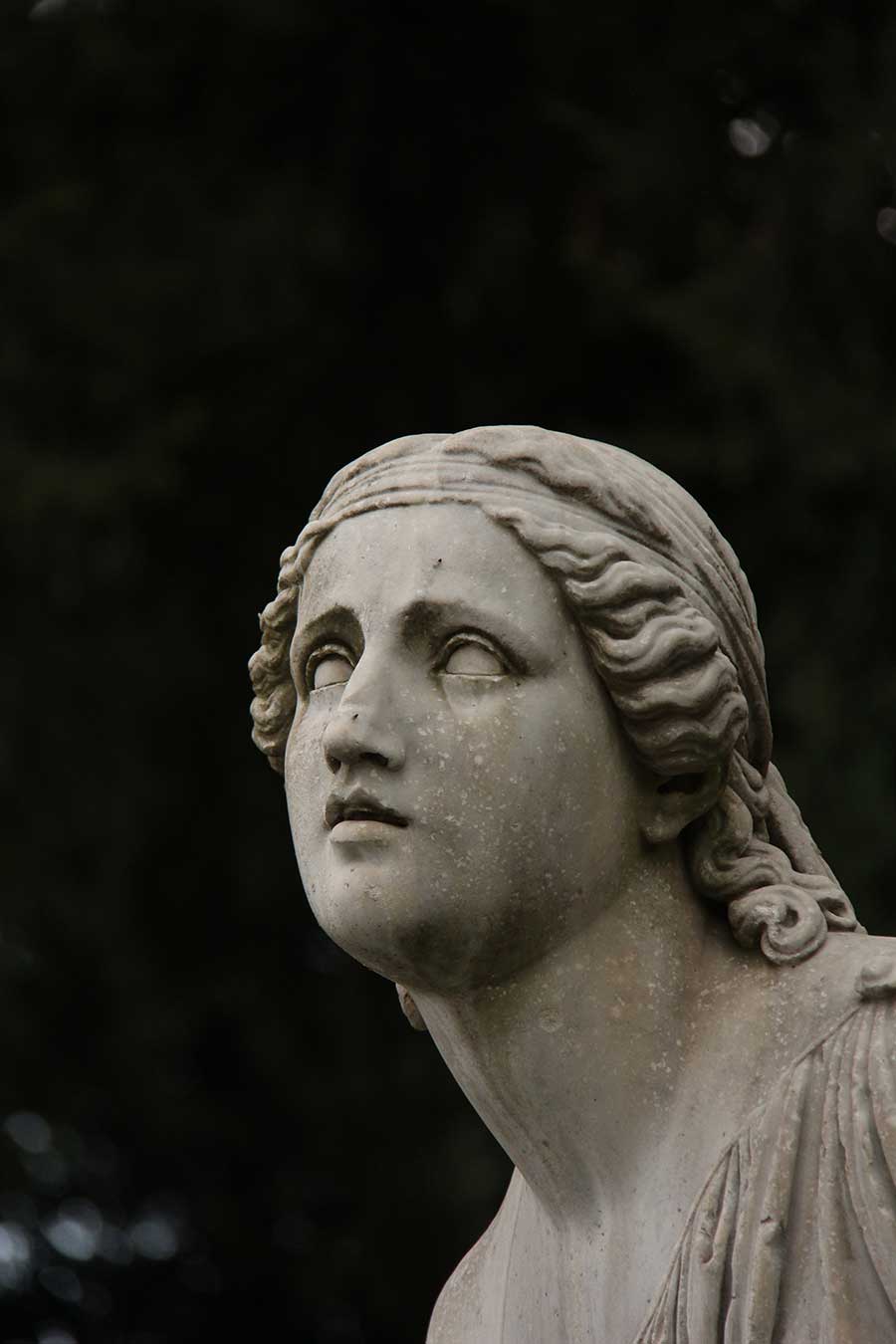
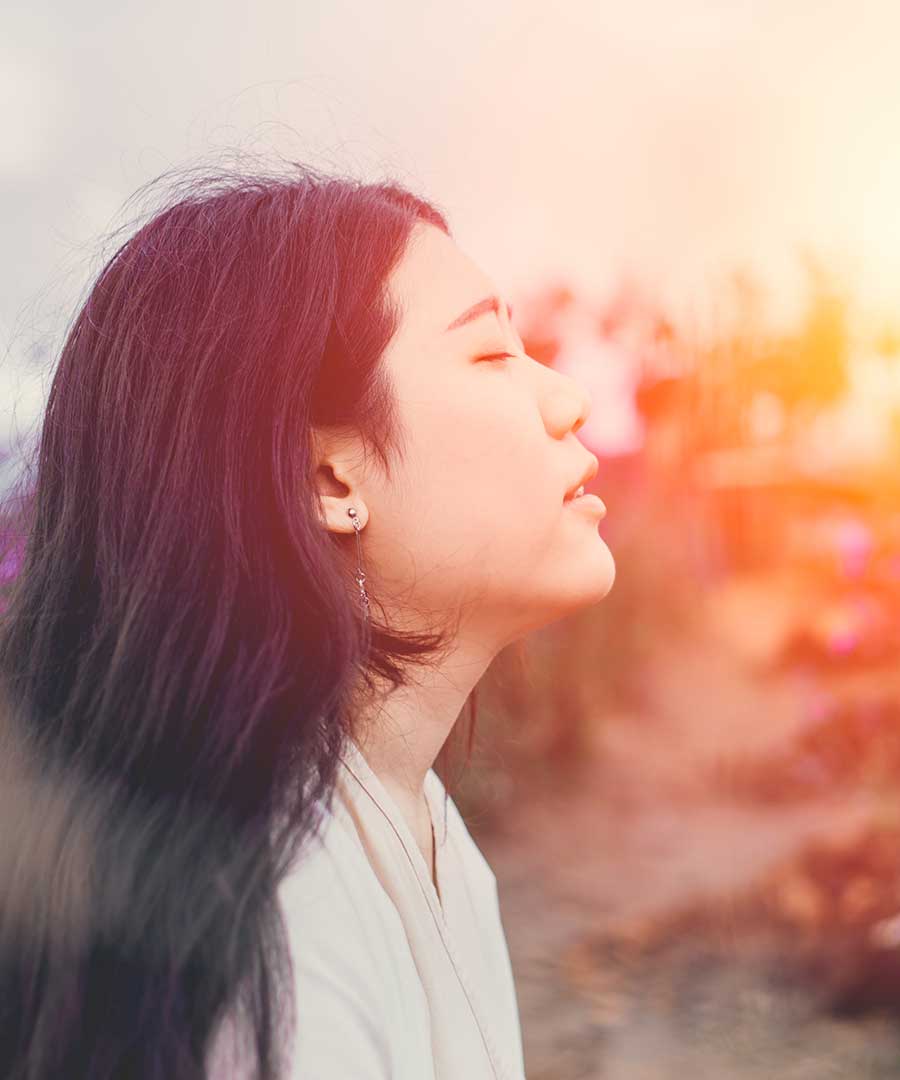
Feeling is our superpower
First, we are feeling beings. This shouldn’t be contentious, but still seems to be. I came across this recently when I was teaching a course on the neuroscience of narrative – what narratives are, how we build them, how language reaches us at a core level… and I explained the extent to which our limbic systems rule our decision-making and then we layer our rationality over the top so that we can pretend to ourselves that we are making rational decision.
We got to the end of two days of exploring the scaffolding of what narratives are and how we might shift them and were in the final conversations and a very distressed student sat me down and said ‘But you have to accept we’re rational beings. You HAVE To or we’re finished’.
It was one of the best and most expressive examples I could imagine of someone whose amygdala had been totally triggered – by the suggestion that triggering our amygdalas is what rules our behaviour.
And the really interesting part was how much it mattered to this person that I agree with the assertion that we are rational beings. Belief systems under threat are the things we will kill to protect precisely because they don’t have any rational/factual basis. And, of course, I didn’t agree. I couldn’t agree. Because we aren’t rational beings – We are prosocial, interdependent feeling beings and our desire to turn ourselves into rational independent isolated individuals is not doing us – or our communities – or our world – any good.
Deeper than we ever imagined
It’s understandable, though. Feelings are wild unpredictable, glorious, passionate sweeps of great depth and breadth and height and a lot of people DON’T go into therapy because they’re afraid if they take the lid off – say, their grief – just once, they’ll never get it back on again. Certainly that was my fear – if I ever really start to cry, I’ll never stop. It took a week in a roundhouse on a shamanic retreat really to let go – and start to heal.
That was twenty years ago. My hope now is that we can find ways that are more accessible. Because – leaving aside the inherited generational trauma, the trauma of childhood or adult abuse, the PTSD of those who have served in war or other conflict zones – and goodness knows our culture creates enough of those… Simply living in the twenty first century is painful.
If you’ve read the Deep Adaptation Paper . Or Jonathan Franzen’s recent piece in the New Yorker called ‘What if we stopped pretending’ , or Rupert Read’s book ‘This Civilisation is Finished’ , it’s painful. I cried for a week after I read Deep Adaptation – not without cease, but every time I stopped what I was doing and remembered, I cried again. We’re in a place we never expected to be. And it hurts.
And we can’t – mustn’t – deny the grief, or the fear, or the horror, or the despair, or the sheer overwhelming guilt of being human. BUT we can allow those things to cycle through and let them go and not let them define who we are.
Instead, we want to reach a place where we can embrace the full spectrum of feeling
So one of the first things I want to do is look at what that spectrum might be.
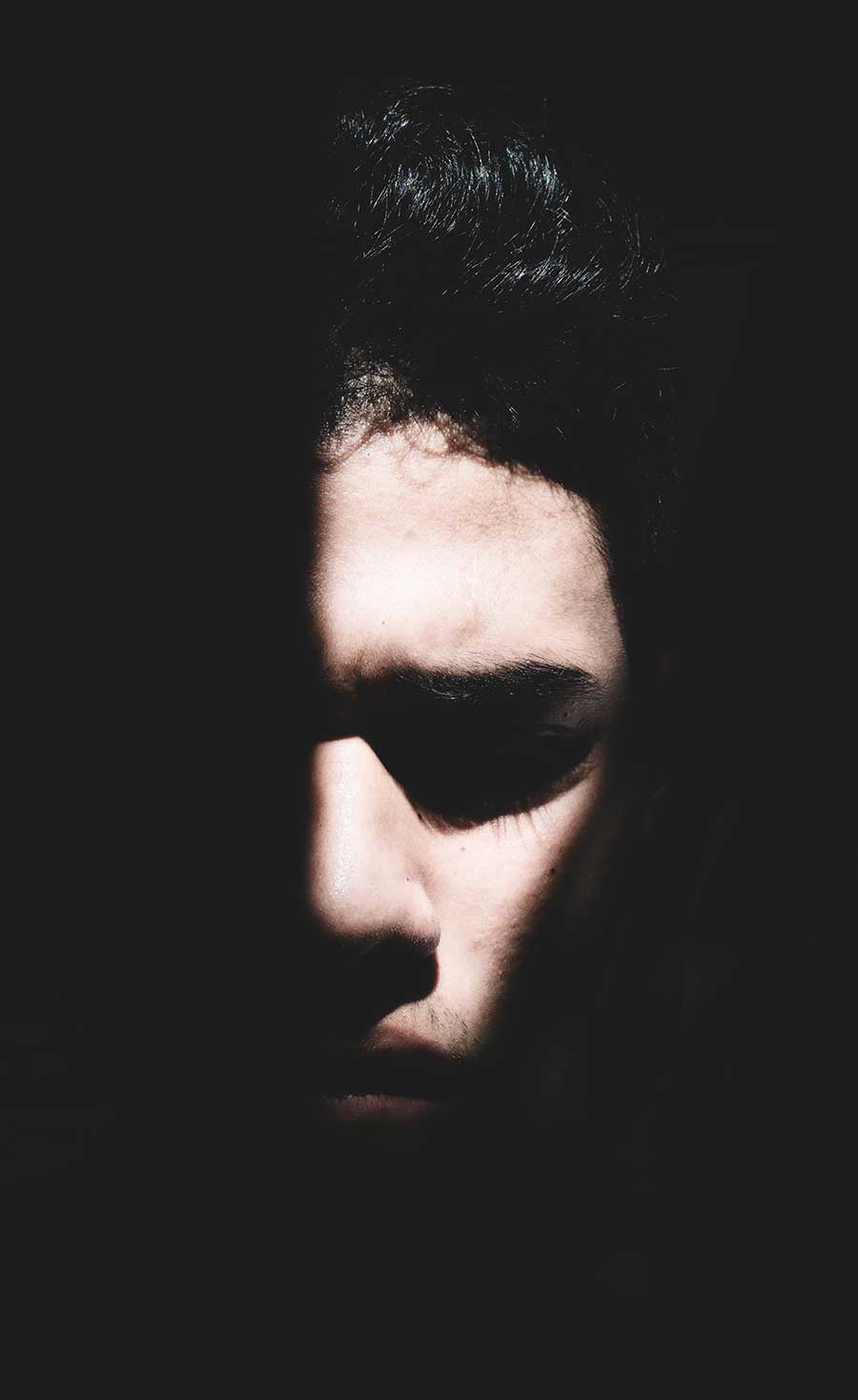
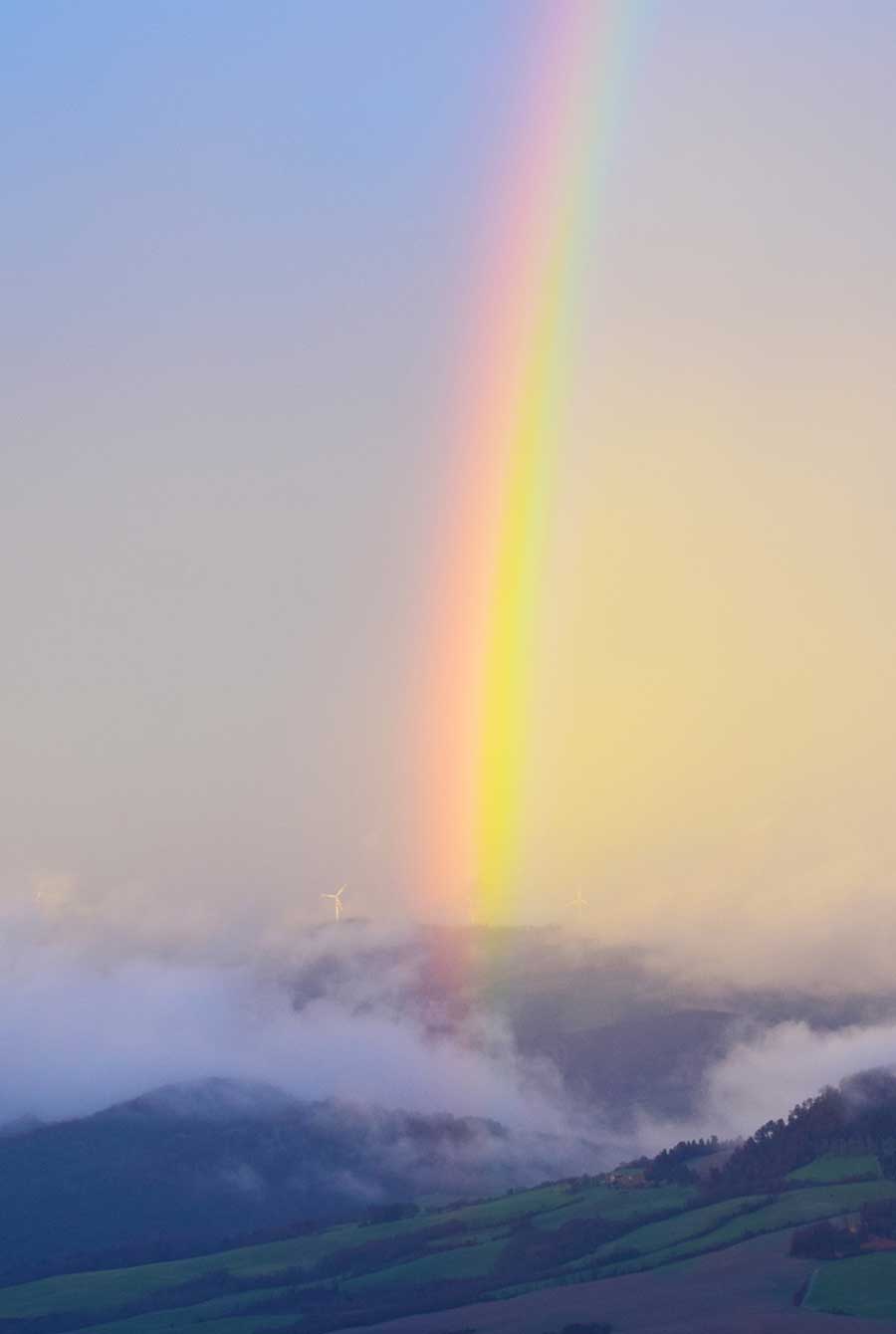
A rainbow of many, many colours
One of my early teachers said that there are only two feelings – LOVE and FEAR and that’s certainly one way of looking at it. Especially if we reframe this as being open hearted or closed hearted. Everything either opens us up to more feeling, to more connecting – or it closes us down to the point where we want to build walls between us and the rest of the world.
And if that works for you. If you can open up to the point where you are completely in love with living for every moment of your day… then please do that. And please contact us so I can interview you and you can tell us what it’s like and how you do it, because for a lot of us, this is really, really hard.
BECOMING MORE NUANCED
But it can help to become more nuanced, I think. So this is how…
We know from our basic neuroscience that while fear is the thing that triggers our Amygdalas faster than anything else, disgust is the next biggest trigger – because finding food and water has been our paramount challenge for most of human history and it matters that, however hungry we are, we not eat the liquifying corpse we’ve just found at the side of the track, or drink from river water with half a dozen dead bodies upstream. So we can add disgust to our spectrum – and from there, if we look at amygdaloid triggers, we get quite fast to rage, horror, despair, envy and jealousy, spite, powerlessness, or power over, guilt, shame… there’s a pretty big range of things that leave us feeling unsafe in ourselves.
And on the other side of the coin, if we were to sit down – as we do in some of our reWilding the Soul courses – and write down every positive emotion we can think of, the list is pretty long – compassion, gratitude, joy, hope, love, wonder, awe… These are the easy ones, but you can easily keep going – exhilaration, joyful anticipation, curiosity, pride, companionship, courage… The last time we did this, we found 114 separate feelings we could name that are on what we might call the heart-opening side of the spectrum. The place where we feel safe in being ourselves.
And this – the feeling of safety, is crucial to our being able to feel at all. The pioneer of trauma therapy Bessel van der Kolk says that to begin really to come to terms with our trauma, we need to feel safe in our bodies. Stephen Porges who explained the basis of polyvagal theory says the same.
TRUST IS EVERYTHING
The absolute key to feeling relaxed, is we need to be able to trust that it’s safe to be in our bodies. We need to trust our bodies, which means we need to feel our way into our bodies. We need to become whole again, which is the definition of healed.
So – if the end result of this is that to feel good is to feel safe. How do we find safety in a world that feels increasingly unsafe?
First – by wanting to. Human intent, cleanly and clearly honed is one of the most powerful forces on the planet. We are feeling beings, not thinking beings, but we are also a species that can, to an extent, choose what to feel as our background default. So if we choose to do this and if we believe we can, then we’re half way there.
Second, we feel safe by learning to trust our bodies; by rooting ourselves in our bodies. By really feeling ourselves physically, we can begin really to feel ourselves emotionally and by learning to trust that the emotional cycles can flow through without overwhelming us, we can begin to let it happen.
PRACTISE BEING
This means we need to practise being in our bodies. Breathing is one way – as long as we don’t frighten ourselves by attending to our breath. I spent years doing this, too, so I know whereof I speak – big contraction of my diaphragm. so that I can’t actually take a full breath – please don’t do this. BUT neuroscience has answers and one of these is the 5/10/20 breath which I highly recommend.
Breath IN through your nose for a slow count of five.
Breathe OUT through your mouth for a slow count of ten.
Do this 20 times.
A slow count is the key. Ideally, this is a five second cycle. And then the same slow count for ten, which means you have to start regulating your breathing. If you can do this over fifteen seconds (5+10), then that means four cycles a minute and that means your twenty cycles will take 5 minutes. This is not a fast technique, but it is worth it as a way of calming down in a crisis.
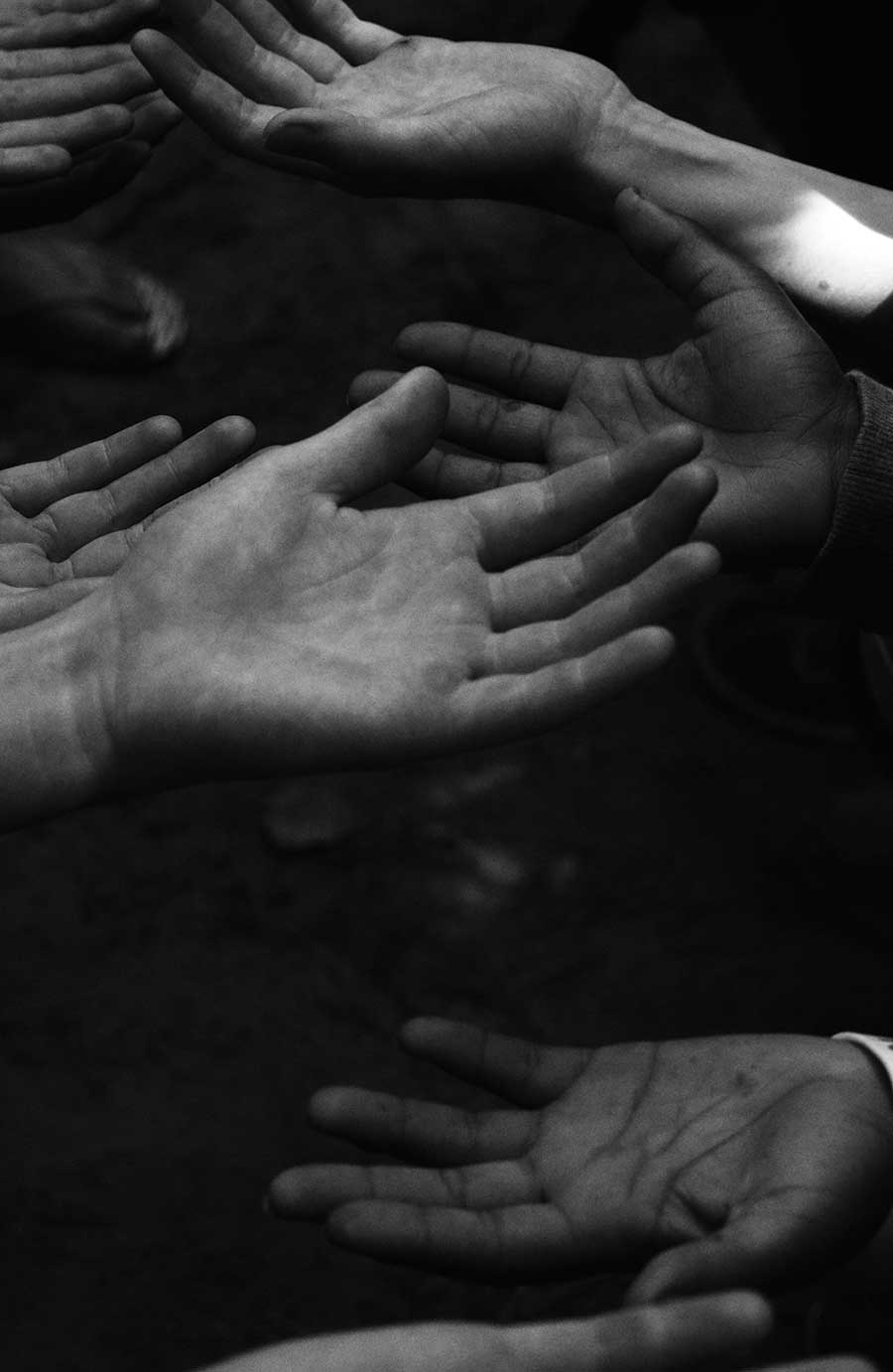
LET IT BE
And when you have returned to your body, it’s time to expand – what can you see? Not just fast movement in your peripheral vision, but what can you really see? The textures of the walls, of your hands, of your clothes. What can you smell? What can you hear? What can you taste?
and last – what can you feel? Can you feel the clothes on your body? The shoes on your feet? The floor? The chair? Can you lay your hands on the desk and feel it?
And then, finally – what can you feel inside? In your heart space? What are you feeling. Don’t try to analyse it or label it, that’s not for now – just feel it. Sit with it. Notice it. Let it be.
And slowly, slowly over time, you can begin to let the feelings linger. To explore them, to see what they feel like as they pass through. A lot of our feelings are frozen at first, but they thaw in the warmth of our own care and regard.
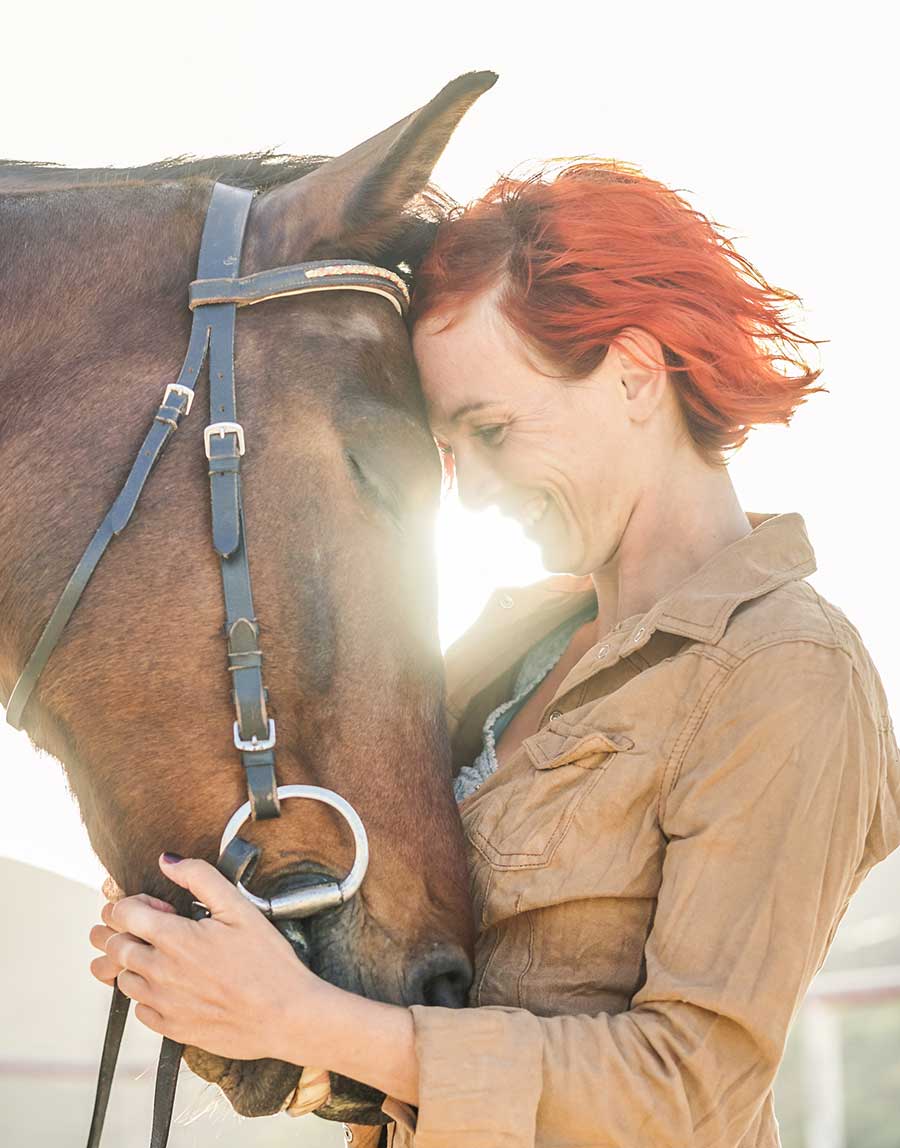
Authenticity is everything
And then, when we are used to feeling again, we can begin to evoke feelings. To find something from our list of 114 (or 10, or 5) feelings that we believe we can feel and be authentic.
Authenticity is the key. Can you feel hope? If not hope, then gratitude? If not gratitude or hope, then a small flicker of amusement? If not fun or hope or gratitude, a flicker of warmth as a sunset? Whatever it is, however small (or huge, if you’re lucky), feel it and let it be real.
It can help to go through the days and notice when feelings arise, particularly the heart-opening ones. What makes you smile? Is it something you’d like to re-create? A sunset? A flower? The sight of a small child, playing? A cat? Your partner? The wash of light on water in the street? Whatever it is, remember it and bring it home with you and let that memory re-kindle the feeling until it feels alive in your heart space. Breathe into it. Warm it. For me, this feels as if my heart is growing hotter and bigger and vibrating of its own accord. It may feel different for you, so let it be what it is. And let it grow.
And then as you do so, if you touch your fingers together in some what that’s not usual to you – say thumb to fourth finger. or tap the inside of your elbow – something as you’re feeling – then later when you’re stuck you can re-create that feeling by bringing to mind the memory and bringing in the physical touch to remind yourself on a corporeal level.
Slowly, the world changes
This is how, slowly, over time, we can create a habit of feeling. We know from the discussion of habits in a previous blog, that what fires together wires together and emotions are networks too – if we practice feeling sad or hopeless or despairing, if we bully those accessible to us – or ourselves – if we rage at the machine or weep at the Bush Fires – and don’t stop…. then these practiced feelings become our defaults.
But – if we can pick one feeling that we’re comfortable with, and build it, sliver by sliver, faint feeling by faint feeling, over time it will grow. And in the end, we can begin to feel it as a vast, bottomless well that we can access at any moment.
Which is the point. There is an endless supply of compassion, of joy, of awe, of wonder, of delight …of everything that makes our days and our communities a better place. If we can learn to tap into it as our default, then we become the gateway that lets it into the world.
And yes, every genuine spiritual path has been saying this for over three thousand years. Because it’s true. We have a choice in every moment: we can be the change we need to see. Or we can default to our old wiring. Every moment. Our choice. Made freely. To add our gratitude, our wonder, our compassion, our joy to the sum total of these in the world. And by doing so, we bring those qualities to everything we touch, everything we do. And slowly, sliver by sliver, heart by heart, the world changes. Which is what’s at the core of Accidental Gods.
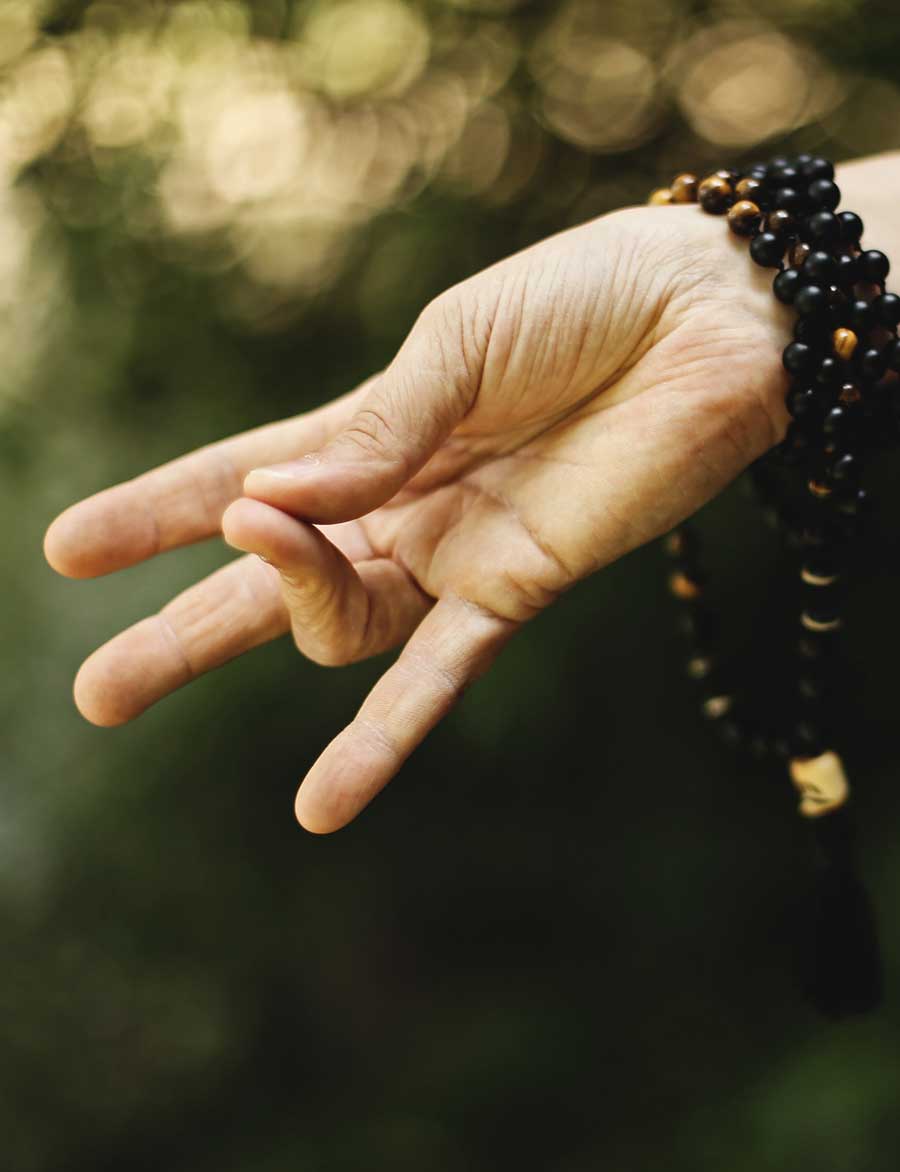
Thanks to the following amazing photographers on Unsplash for the beautiful images in this post: Mckenna Phillips, Ian Espinosa, Joao Victor Xavier, Chris Barbalis, Antonia Felipe
Recent Posts you might enjoy

Telling the Truth and Moving Forward: Building the Moderate Flank
We know now that 1.5 is not alive. We are heading for at least 2 degrees of global heating and this is going to change everything that we do. Rupert Read is part of the Moderate Flank, a movement of people who care deeply and want to be part of crafting a flourishing, equitable future, but who need help in working out what to do.
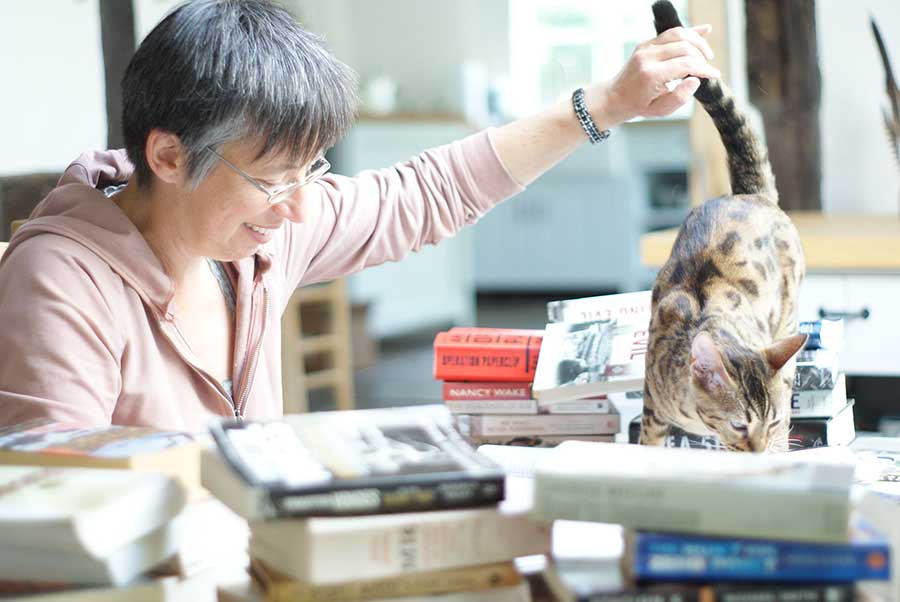
End of year round-up: Manda’s favourite podcasts, fiction and non-fiction of 2022
We all know we need to reduce our consumption, but as the holiday season stretches before us, what better gift to give to yourself or those you love, than ideas? Here are our favourite podcasts, fiction and non-fiction books of 2022.
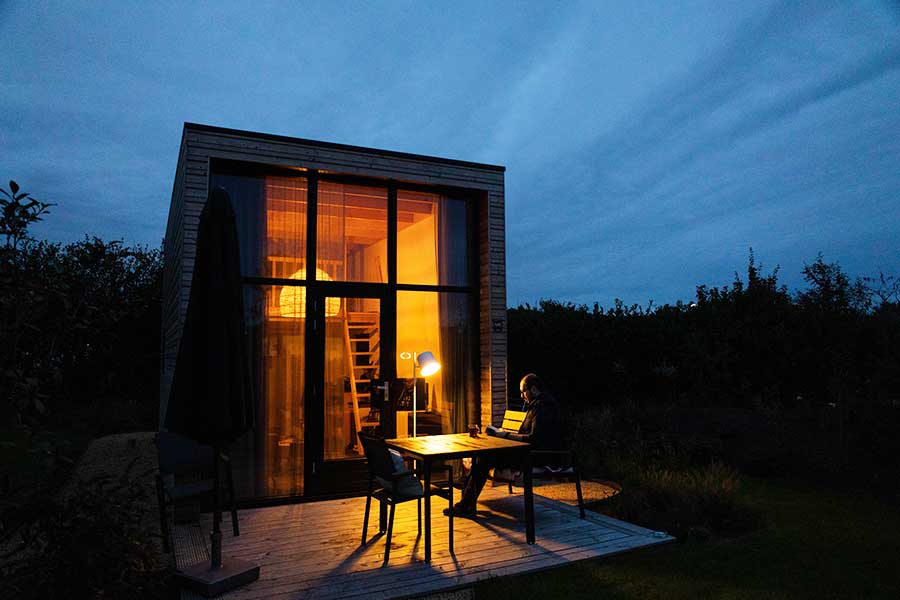
Regenerative by Design
In a world that feels as if all the certainties are breaking down, how can we build the communities of place and of purpose that will give us the resilience to bridge from the old structures to the new? Exploring deeply practical ways to build community with Charlie Fisher.
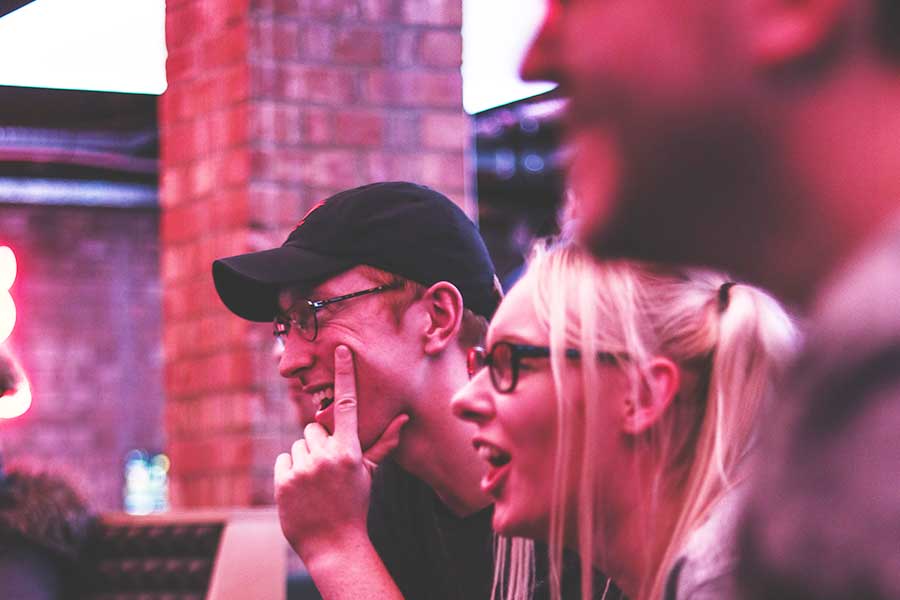
Fractal Improv: finding personality and connection
We know our climate is in crisis and that time is running out. But we also know that screaming at people to wake up is not working. What if we gave ourselves permission to tell the truth – and the skills to do it with humour and compassion so that we didn’t trigger the resistances of fear? This Episode, we explore stand-up and improv in sustainable communications with Belina Raffy.
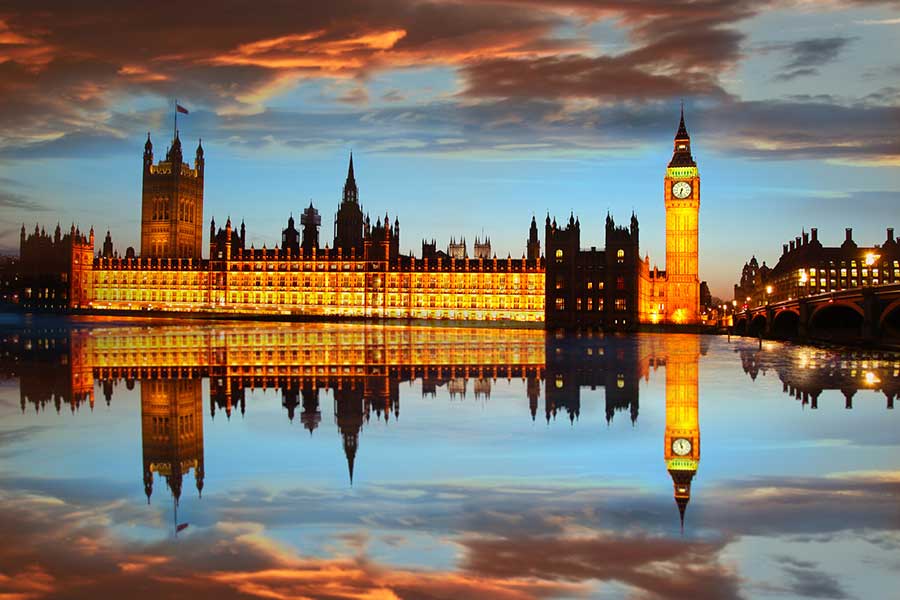
Charting a Progressive Route through the Political Maelstrom
In a world where our ‘democracy’ is manifestly not fit for purpose, how can we turn the brief, bright fireworks of political sanity into floodlights of progressive values, of liquid democracy that leads to an equitable, regenerative culture? With Neal Lawson of the progressive campaign group, Compass.

Solitude and Transformation
What happens when we realise we’re trying to be something we’re not? For Roz Savage, this led to a transformation that took her from Management Consultant to the first woman to row solo across the world’s 3 big oceans. Now she devotes her life to the healing of the planet.
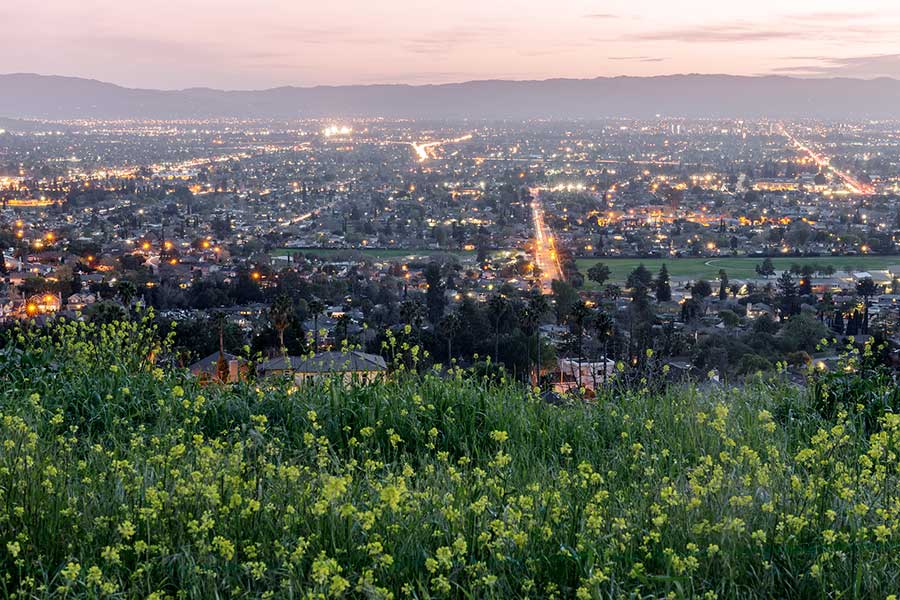
Matereality and Corporate Mischief: reshaping Business as if the job were to create a world that works
What if businesses existed not to price-gouge consumers and destroy the planet, but to be part of a pathway to a flourishing future? What if the end-of-year reports were not expensive exercises in greenwash, but were actually truthful – and useful.
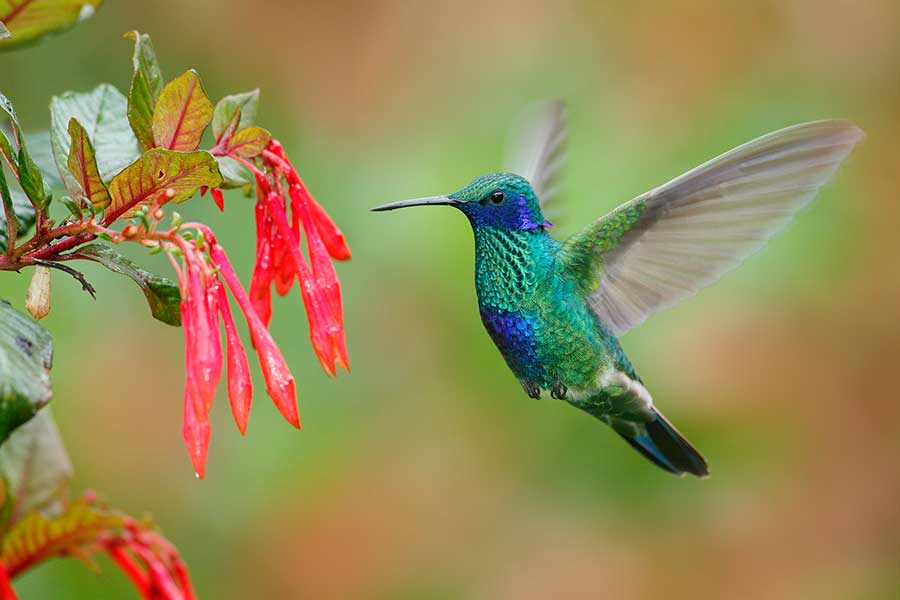
Flourish: Designing New Paradigms
What will it take to restore balance in our world? How can we repair our devastated environments, and secure future generations’ survival? And what is the key to unlock the mindset shift to enable truly regenerative transformation? With Sarah Ichioka, co-author of ‘Flourish: Design Paradigms for our Planetary Emergency’.
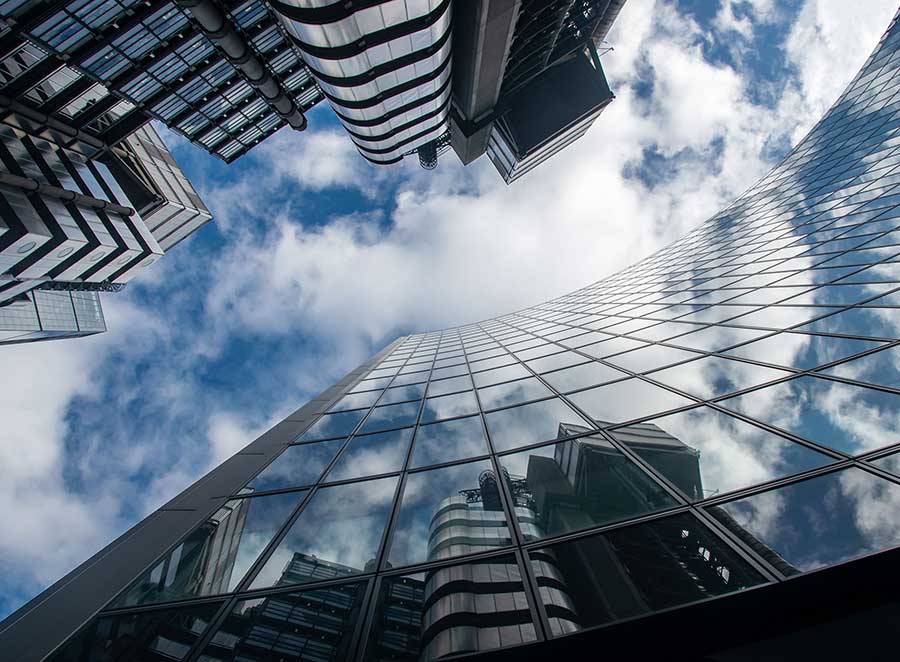
Re-imagining our Relationship with Profit
We live in a world run by profiteers: the rush to make money destroys people and planet with equal disregard. But how would the world look if all businesses existed to promote wellbeing in all its forms? How could we make this work? Re-imagining our relationship to profit with Dr Jennifer Hinton, of Lund University, Sweden.
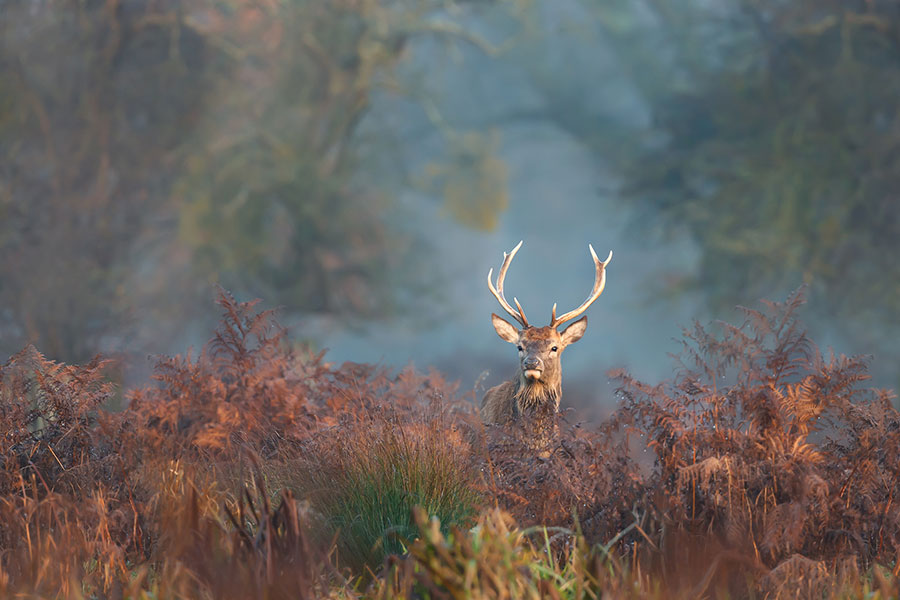
Re-Enchantment: creating rituals to re-discover our embodied sovereignty
What do we do when we feel disempowered, disconnected, alone and afraid? We can throw ourselves more deeply into social media, drink, drugs and deeper disconnection…or we can build rituals with intention, creativity, gratitude and kindness that re-connect us with the web of life. With Isla McLeod, ritualist and shamanic healer.
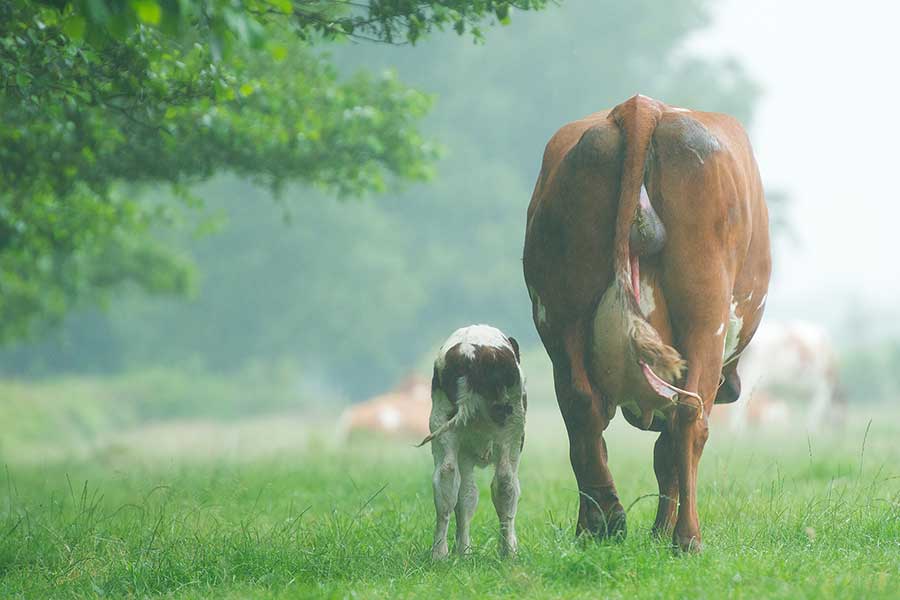
The Meat Paradox
At our deepest level, we know meat is murder. We are human because for most of our evolutionary history, we have eaten meat and held this tension in ways that gave thanks and treated animals as relations. But in the past decades, we have created hells on earth in our industrialised farming and abattoirs so that eating from them is no longer remotely ethical. How do we resolve the paradox?
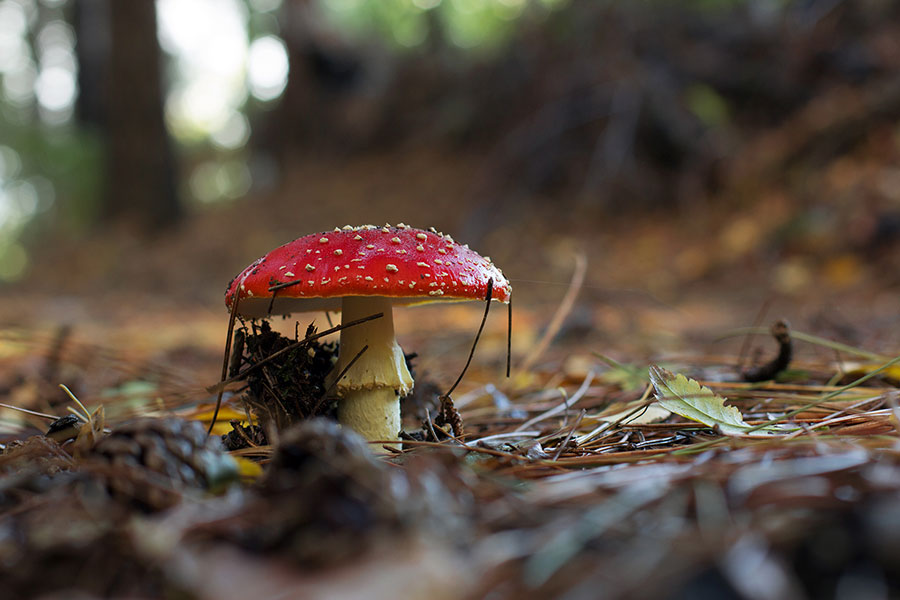
Hagitude: Paving the way to an empowered elderhood
“As elders, our job is to die, as eventually we come to live — always in service to life.” How do we do this? How can we pass into our elder years with grace and rage and depth and honouring of who we are, and emerge wiser, and more attuned to our soul’s calling. With Dr Sharon Blackie, author of Hagitude.